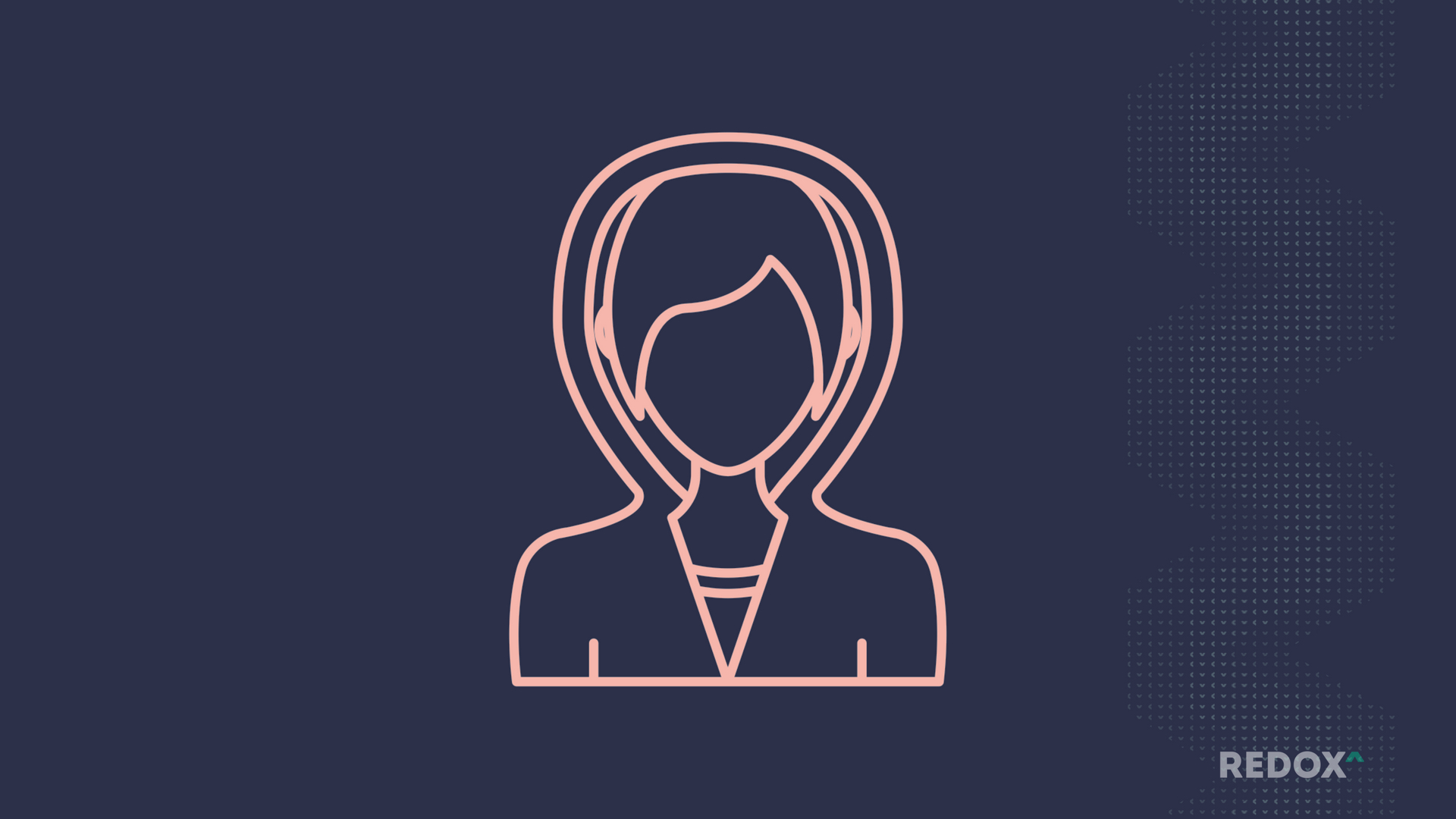The elusive healthcare software developer
Aug 01, 2018

In mid-July Luke, Terell and I attended the AWS Summit in New York. I gave a talk detailing Redox’s story and path to AWS. I started by surveying the audience, “who works in healthcare?” Nearly all the hands in the shot up and I could hear a collective audible gasp. It’s as if the entire audience thought they were the only healthcare people in the room. This experience begs the question: are we doing enough as a community of healthcare developers to share knowledge and connect?
Are healthcare developers hard to find?
Healthcare is a unique space that necessitates a deep understanding of legal (HIPAA), medical, and engineering concepts. There are signs that a lack of knowledge sharing is actively hurting us. I can’t help but think that if we look around us and realize how many resources are out there that developers could be building better solutions in healthcare. Our robust community can help new developers entering the space to get up-to-speed quickly and hit the ground running.
One of the issues preventing connection amongst the community is the lack of a forum for us all to meet. If you search for “healthcare developer conferences” you won’t find anything. When compared to the results for “finance” or “web” developer conferences the contrast is staggering. It’s as if the healthcare developer community is totally overlooked.
What are the defining characteristics of a healthcare developer?
General development chops apply to all industries, but successful healthcare developers should have additional skills:
Compliance-aware - HIPAA is not something all developers have to design around, but they know the implications. There is a high expectation in the industry for security and availability of software.
Healthcare Vocabulary- An MD is not required, but knowing what a CBC is, why someone would order one, and how all of that information should be stored digitally makes a huge difference.
Neutral to Passionate about healthcare - At the end of the day we’re writing software that impacts people’s health. This might not motivate some and crush others with anxiety.
These areas can take a career to master. I personally feel affected by #3. I don’t necessarily connect my day-to-day to patients, but it certainly makes my experiences in the healthcare system much more meaningful. As a patient, I still get printed lab results and the interoperability nerd inside me knows this doesn’t need to happen. This drives me to continue to think and develop products that make life easier for not only patients but for physicians. There’s always a better way.
What can we do?
At Redox, our mission has always been to make healthcare data useful. We do this on a technical level by building a massive network of data sources and consumers. We can do this on a personal level by sharing our expertise with the world.
Join the Redox Slack–it’s the biggest community of healthcare developers online with over 1,700 active members. We're building a home for developers to ask questions, share best practices, and help one another grow as healthcare developers. We'd love to have you join the conversation.
Have a meetup or unconference that needs some Redox? Let us know and we’ll send Redoxers, swag, and/or tacos. If our previous interoperability summits are any indication, there is demand and enthusiasm for these kinds of get-togethers.
I hope in the future I’m able to see us come together as a community who care about improving healthcare technology. For those of us who are on the front lines, it is our duty to help educate a new generation of healthcare developers and create the ecosystem that ensures continuous improvement and growth.
